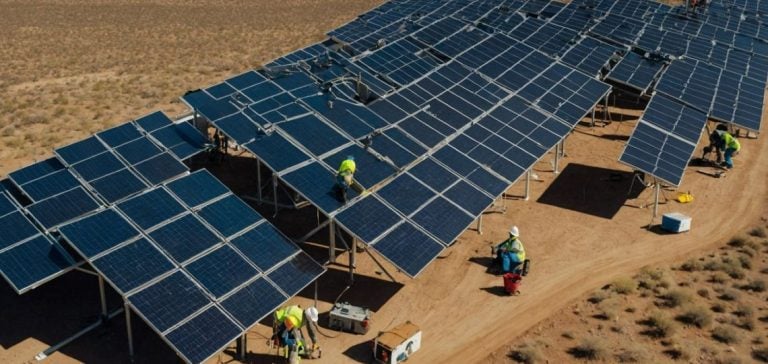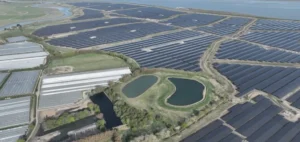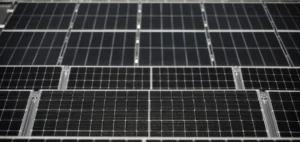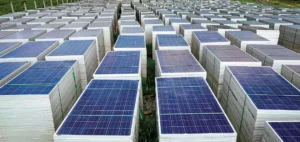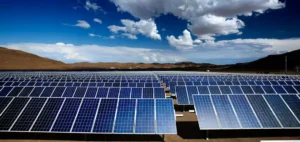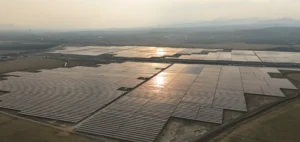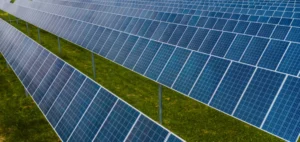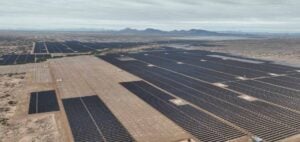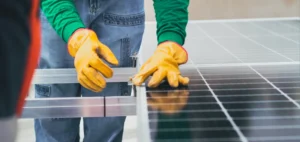Terra Firma, a company specializing in renewable energy, has launched a large-scale solar project in South Africa. This project, spread across two sites in the Gauteng region, at Hammanskraal and Rietfontein, will reach a combined capacity of 110 MWp. The total investment amounts to USD 73.8 million. This program is part of the energy sector reforms initiated by the South African government, aimed at liberalizing the market and reducing the pressure on Eskom, the national electricity company.
Energy market context in South Africa
South Africa is facing an energy crisis due to its historical reliance on coal and the aging infrastructure of Eskom. This situation has led to frequent power outages, hindering the country’s economic growth. To address this crisis, the government introduced a law in 2024 that significantly reforms the energy sector. This law aims to increase private sector participation in electricity production and create an independent transmission system operator (TSO).
Terra Firma’s solar projects
The solar power plants developed by Terra Firma contribute to electricity supply in Gauteng, a major industrial region. The power purchase agreements (PPAs) offered to local businesses and communities range from 5 to 20 years, with flexible terms to meet the specific needs of the clients.
These projects play an important role in improving the region’s energy autonomy, thus reducing reliance on Eskom and offering alternative energy options to local businesses.
Challenges and prospects
Despite energy sector reforms, challenges remain, particularly regarding transmission infrastructure, which requires significant investment to absorb new production capacity. Moreover, electricity price uncertainty and economic fluctuations can impact the long-term profitability of the projects.
However, the government’s initiative to introduce increased competition in the electricity sector and the diversification of the energy mix offer interesting prospects for independent producers like Terra Firma.

